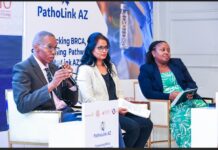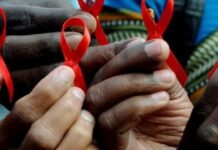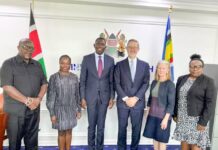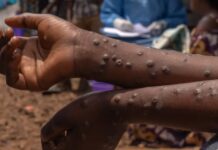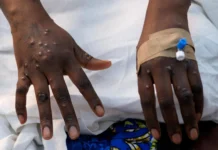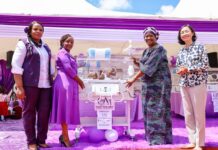Written by Faith Mwende
Health experts around the world are urging people to prioritize early detection and regular screening as Breast Cancer Awareness Month continues to highlight the importance of prevention and education.
Breast cancer remains the most common cancer among women globally, accounting for nearly one in four of all female cancers, according to the World Health Organization. While advancements in treatment have improved survival rates, health specialists emphasize that early detection through regular self-examinations and mammograms remains the most effective way to save lives.
Dr. Lisa Morano, an oncologist and cancer researcher, said that early diagnosis often determines the success of treatment. “When breast cancer is found at an early stage, the chances of survival are significantly higher. Awareness, screening, and prompt medical attention can make all the difference,” she said.
Experts recommend that women perform monthly self-breast exams and report any unusual changes to healthcare providers. Warning signs may include lumps, nipple discharge, swelling, or skin irritation. However, medical professionals caution that not all lumps are cancerous, underscoring the need for professional evaluation.
Although breast cancer primarily affects women, men are also at risk. Studies show that one in every hundred breast cancer cases occurs in men, making awareness and education important for everyone.
Medical researchers continue to explore the causes of breast cancer, pointing to a combination of genetic, hormonal, and lifestyle factors. Regular physical activity, maintaining a healthy diet, limiting alcohol intake, and avoiding tobacco have all been linked to lower risk levels.
Globally, awareness campaigns this month are using the pink ribbon symbol to encourage solidarity, education, and fundraising for research and patient support. Advocacy groups say the focus is not only on survival but also on ensuring emotional and psychological support for those affected.
“As we continue to make progress in science and medicine, awareness remains the first line of defense,” Dr. Morano said. “Knowledge empowers people to take control of their health, and that can save lives.”










